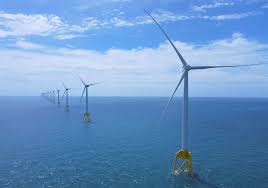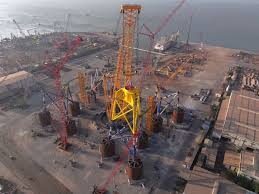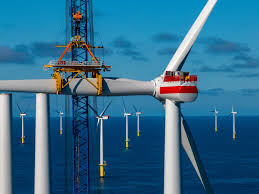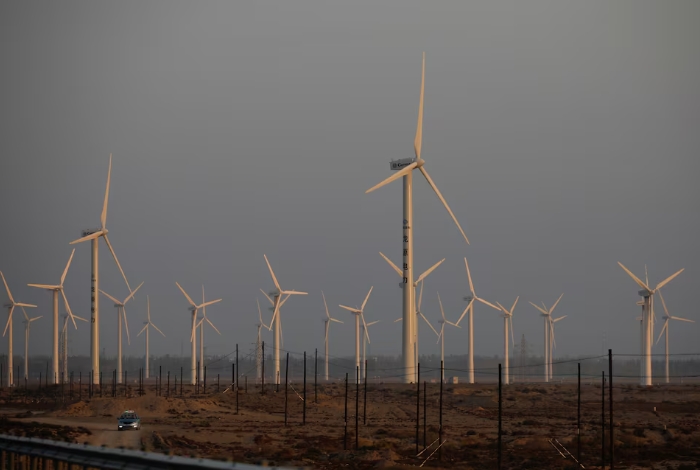The extension of the OPEC+ oil production cuts into 2020 will impact the economies of the key Arab oil producers, according to a quarterly Reuters poll of 30 economists, who revised down their growth expectations for the Gulf economies.
The top oil exporter in the world, Saudi Arabia, is now expected to see its gross domestic product (GDP) rising by 1.7 percent this year, down from 1.8 percent in the previous quarterly poll, while next year’s growth was lowered to 2.1 percent from 2.2 percent three months ago.
In the United Arab Emirates (UAE), OPEC’s third-largest oil producer behind Saudi Arabia and Iraq, economic growth is forecast at 2.2 percent this year, down by 0.8 percentage points from the previous poll, and 2020 growth is now expected at 3.0 percent, down by 0.2 percentage points anticipated three months ago.
According to Maya Senussi, senior economist for the Middle East at Oxford Economics, the lower Saudi oil output coupled with lower oil prices, suggests the Kingdom would have lower oil revenues to spend next year, which could constrain growth in the non-oil sector of the economy.
Although data suggests that the Saudi and UAE economies have picked up the pace this year, “the expansion is on the back of further price discounting and there is very little evidence of job growth in both countries, despite the apparent recovery in the volume of activity,” Emirates NBD said in a research note earlier this month.
“Cutting production has been effective in the past at drawing down inventories but is a heavy-handed tool that has a sharply negative impact on producer economies. As non-OPEC supplies continue to grow and demand remains a major risk for the rest of the year, cutting production is losing its effectiveness as a tool to influence markets,” the Emirates NBD economists and analysts said.
Earlier this year, the International Monetary Fund (IMF) warned that heightened volatility in oil prices as well as political instability will combine to pressure economic growth in the Middle East.
In its July update, the IMF revised down its growth outlook for the Middle East, North Africa, Afghanistan, and Pakistan region by 0.5 percentage point to 1.0 percent in 2019, largely due to downward revisions for Iran’s economy because of “the crippling effect of tighter US sanctions.”
However, prospects for Saudi Arabia’s economy have improved, partially offsetting the weakness in other economies in the region, the IMF said, adding that it expects the Saudi non-oil sector to strengthen this year with higher government spending and improved confidence, and in 2020 with an increase in oil sector growth.







